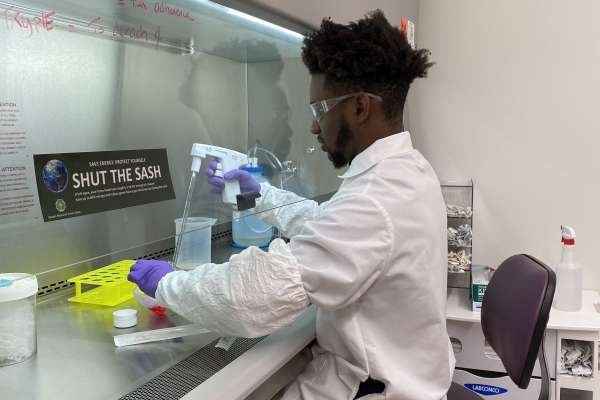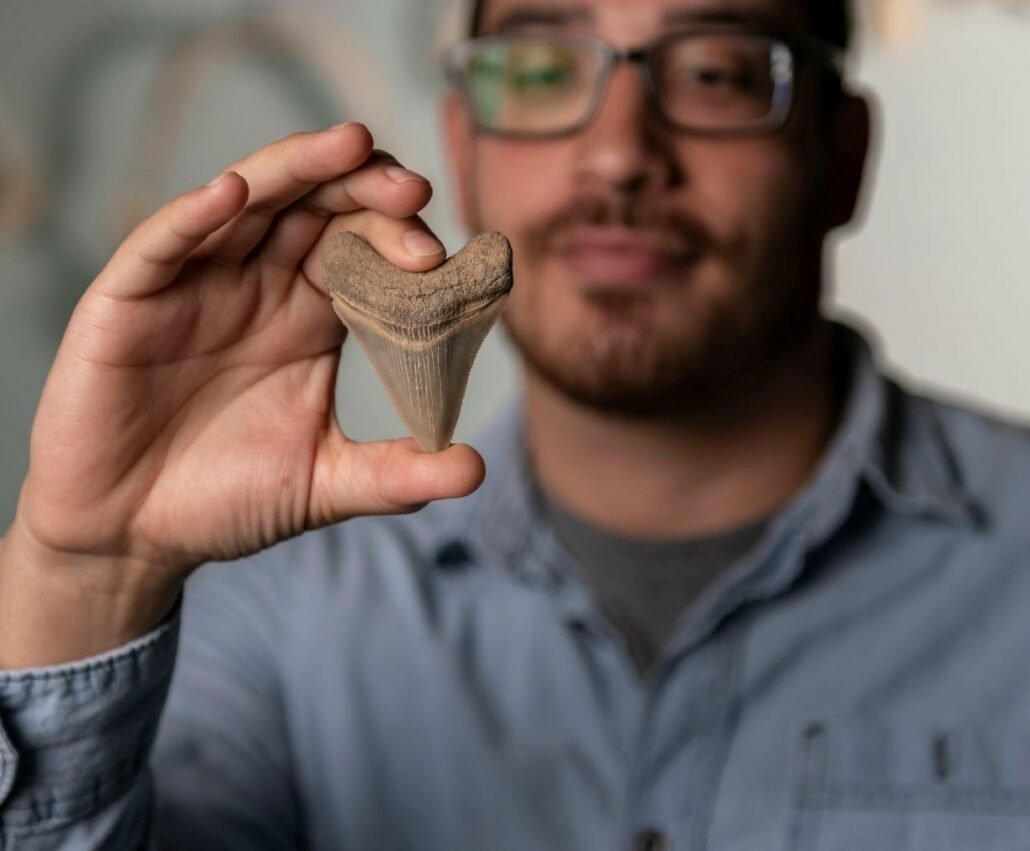Sponsored Projects
-
NSF BPC-DP: Building Capacity for a Research Community on Black Women and Girls in Computing
This Broadening Participation in Computing Demonstration Project (BPC-DP) has two primary goals: first, to conduct a thematic analysis of the semi-structured podcast interviews on Black women and girls in computing, identifying factors that promote interest, recruitment, persistence, and well-being in computing fields; and second, to foster research collaborations and knowledge exchange through a roundtable, scoping review, and listening sessions with the Black Women in Computing (BWiC) Research community. Ultimately, this work seeks to advance the field, promote diversity, and benefit society by ensuring that the advanced technology workforce is inclusive and reflects the full range of talent and perspectives.

-
NSF HCC Medium: Optimizing Interactive Machine Learning Tools to Support Plant Scientists using Human Centered Design
Understanding the structure and function of plants is essential to understanding how plants adapt to changing climates and ensure sustainable production. The focus of this project is to develop interactive machine learning (ML) tools targeted to support plant scientists of varying expertise levels using a human-centered design approach. Participatory co-design workshops will focus on designing interactive ML data visualization and labeling tools based in a human-centered understanding of plant scientists of varying expertise, including both youth and adults, as end users. Finally, the summer science experiences inform on how to scale this approach to broader domains and user populations beyond those traditionally engaged in STEM as youth.

-
NIH MARC: Maximizing Access to Research Careers (MARC) GatorStar Program at the University of Florida
The goal of the MARC is to develop a diverse pool of undergraduates who complete their baccalaureate degree, and transition into and complete biomedical, research-focused higher degree programs. UF MARC GatorSTAR supports undergraduate students who are from an under-represented group and want to pursue a Ph.D. degree in biomedical or behavioral science-related disciplines. This is a grant-funded training program sponsored by the National Institute of General Medical Sciences at the National Institutes of Health (NIGMS/NIH). Scholars participate in programs to enhance their academic preparation and research skills and participate in intensive research experiences with UF faculty mentors and with faculty mentors at partner institutions.

-
NSF S-STEM: Collaborative Research: Human-Centered Computing Scholars: Need-based, Extensive Support Through Degree Completion
GenNEXT is a project that builds upon previous National Science Foundation (NSF) awards and existing resources for student recruitment, community building, and STEM workforce development. GenNEXT Scholars is cohort-based, which serves as the backbone of their support, supplemented by faculty mentoring, relevant academic and professional development workshops, external support, demographic-specific support for intersectional identities, and sustained engagement beyond the Ph.D. through an online career tracking portal.

-
NSF NHERI: Natural Hazards Engineering Research Infrastructure: Experimental Facility with Boundary Layer Wind Tunnel
The Natural Hazards Engineering Research Infrastructure (NHERI) is supported by the National Science Foundation (NSF) as a distributed, multi-user national facility to provide the natural hazards engineering research community with access to research infrastructure that includes earthquake and wind engineering experimental facilities, cyberinfrastructure (CI), computational modeling and simulation tools, high performance computing resources, and research data, as well as education and community outreach activities.

-
NSF ITEST: Integrating AI Machine Learning into the Teaching of Paleontology Using Fossil Shark Teeth in Middle Schools
This project will integrate the previously separate domains of paleontology and computer science via ML. Middle school students will develop ML models to classify shark teeth by their form and function to test authentic research questions. Students will learn fundamental concepts about ML, increase awareness of 21st-century careers, and gain access to diverse scientist role models. The project team aims to address educational disparities in STEM to encourage students from underrepresented groups to consider the sciences and computational technology as a career path.

Archived Projects
ARCHIVED: Modern Figures Podcast
Modern Figures Podcast is elevating the voices of Black women in computing to inspire the next generation of the advanced technology workforce. Learn more about the show and how to subscribe!
ARCHIVED: iAAMCS
The Institute for African American Mentoring in Computing Sciences or iAAMCS (pronounced, “I Am C.S.”) serves as a national resource for computer science students, faculty, and industry professionals.

